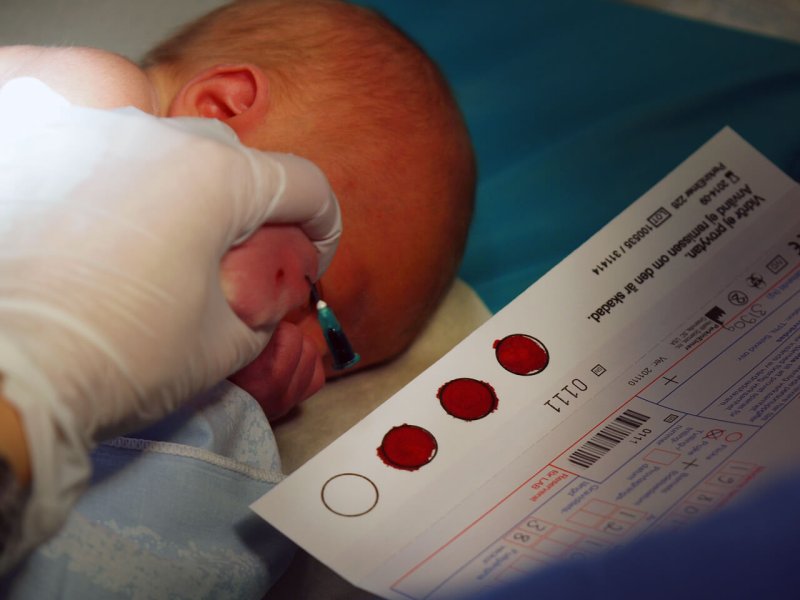In 2012, [10-month old] Calvin Lapidus became the first patient to undergo exome sequencing at UCLA. He was subsequently diagnosed with a rare genetic condition known as Pitt-Hopkins syndrome, which is most commonly characterized by developmental delays, possible breathing problems, seizures and gastrointestinal problems.
Though there is no cure for Pitt-Hopkins, finally having a diagnosis allowed Calvin to begin therapy.
…
What exome sequencing allows doctors to do is to analyze more than 20,000 genes at once, with one simple blood test.
In the past, genetic testing was done one gene at a time, which is time-consuming and expensive.
“Rather than testing one sequential gene after another, exome sequencing saves time, money and effort,” said Dr. Julian Martinez-Agosto, a pediatrician and researcher at the Resnick Neuropsychiatric Hospital at UCLA.
…
More than 4,000 adults and children have undergone exome testing at UCLA since 2012. Of difficult to solve cases, more than 30 percent are solved through this process, which is a dramatic improvement over prior technologies.
…
Since her son’s diagnosis, Lapidus helped found the Pitt-Hopkins Syndrome Research Foundation. “Having Calvin’s diagnosis gave us a roadmap of where to start, where to go and what’s realistic as far as therapies and treatments,” she said. “None of that would have been possible without that test.”
The GLP aggregated and excerpted this blog/article to reflect the diversity of news, opinion, and analysis. Read full, original post: Genetic sequencing unravels rare disease mysteries































